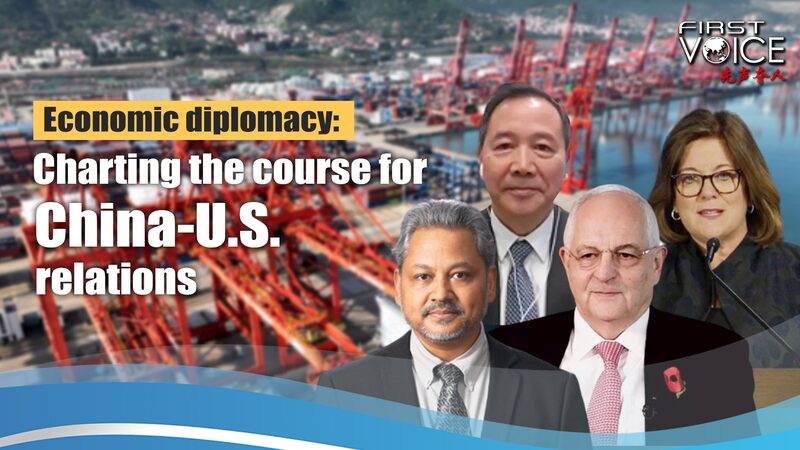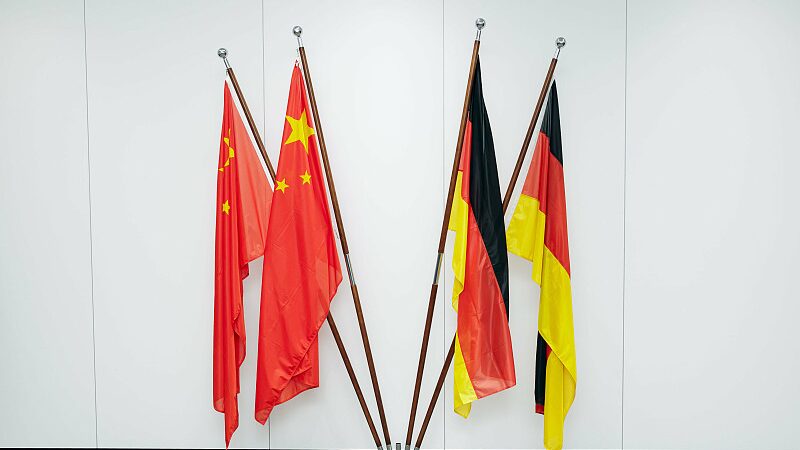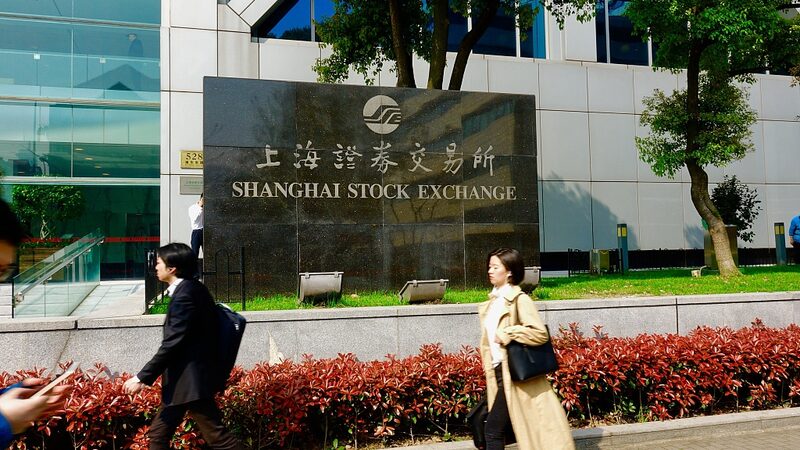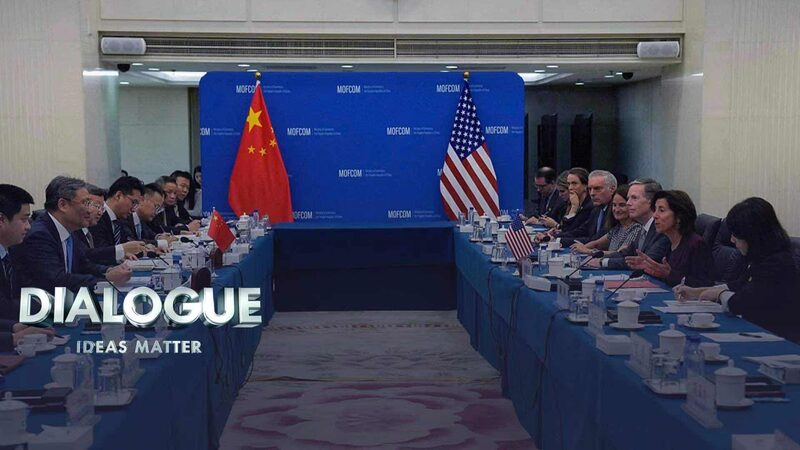The economic relationship between the Chinese mainland and the United States stands as a pivotal pillar in global commerce, influencing international trade and diplomacy. Despite ongoing economic tensions, recent diplomatic efforts highlight a mutual commitment to keeping channels of communication open, emphasizing the importance of economic diplomacy in navigating this complex relationship.
At a recent roundtable organized by the Beijing-based Center for China and Globalization (CCG), Martin Wolf, Chief Economics Commentator at the Financial Times, remarked on the evolving dynamics between the two nations. “The Americans have awakened to the reality that China is a great power,” he noted. “This was inevitable given China’s economic success, and they find this new reality challenging to handle.”
Eric Zheng, President of AmCham Shanghai, stressed the importance of separating politics from commerce. “The bottom line is we should take politics out of commerce,” he emphasized in an exclusive interview. “If it’s a national security issue, let’s deal with that. If it’s a commercial issue, then let the market decide.”
The recent visit of an American business delegation to China, led by Suzanne Clark, President and CEO of the U.S. Chamber of Commerce, underscores the significance of sustaining dialogue. Clark’s meetings with top Chinese officials, including Premier Li Qiang, reaffirmed the “extremely important” nature of China-U.S. relations. “We want to create a framework where we can compete on a level playing field, confront challenges, and cooperate on big global priorities,” Clark stated.
American businesses continue to see China as a vital market and investment destination. According to a recent report by the American Chamber of Commerce in China (AmCham China), a large number of U.S. companies remain optimistic about their operations in China. Another report by AmCham South China revealed that 90 percent of American companies have achieved profitability in China, reflecting a high return on investment.
Zheng highlighted the mutual benefits of the economic relationship. “From a manufacturing standpoint and global supply chain perspective, both countries have benefited,” he explained. “China has become a major manufacturing base exporting affordable products to the U.S., while American companies access the vast Chinese market.”
Despite the positive aspects, challenges persist. The U.S. administration’s approach of restricting economic engagement in certain high-tech sectors has raised concerns. Premier Li Qiang pointed out the potential detrimental effects of such strategies during discussions with the American delegation.
Wolf offered a perspective on the U.S. stance. “When U.S. officials say they are trying to build a ‘high fence but with a small yard,’ they mean they want to limit conflicts and focus on mutual interests,” he observed. “They don’t want open-ended conflict with China; they want trade to continue and to collaborate on important global issues like climate change.”
The American business community advocates for continued engagement. “Decoupling is not a feasible option given the extensive commercial and cultural integration over the past four decades,” Zheng concluded. “Finding ways to work together remains in the best interests of both countries.”
As the world’s two largest economies, the Chinese mainland and the United States play a crucial role in global stability and prosperity. Constructive dialogue and cooperation are essential in navigating the complexities of their relationship, reinforcing the necessity of economic diplomacy in charting the course forward.
Reference(s):
Economic diplomacy: Charting the course for China-U.S. relationship
cgtn.com








